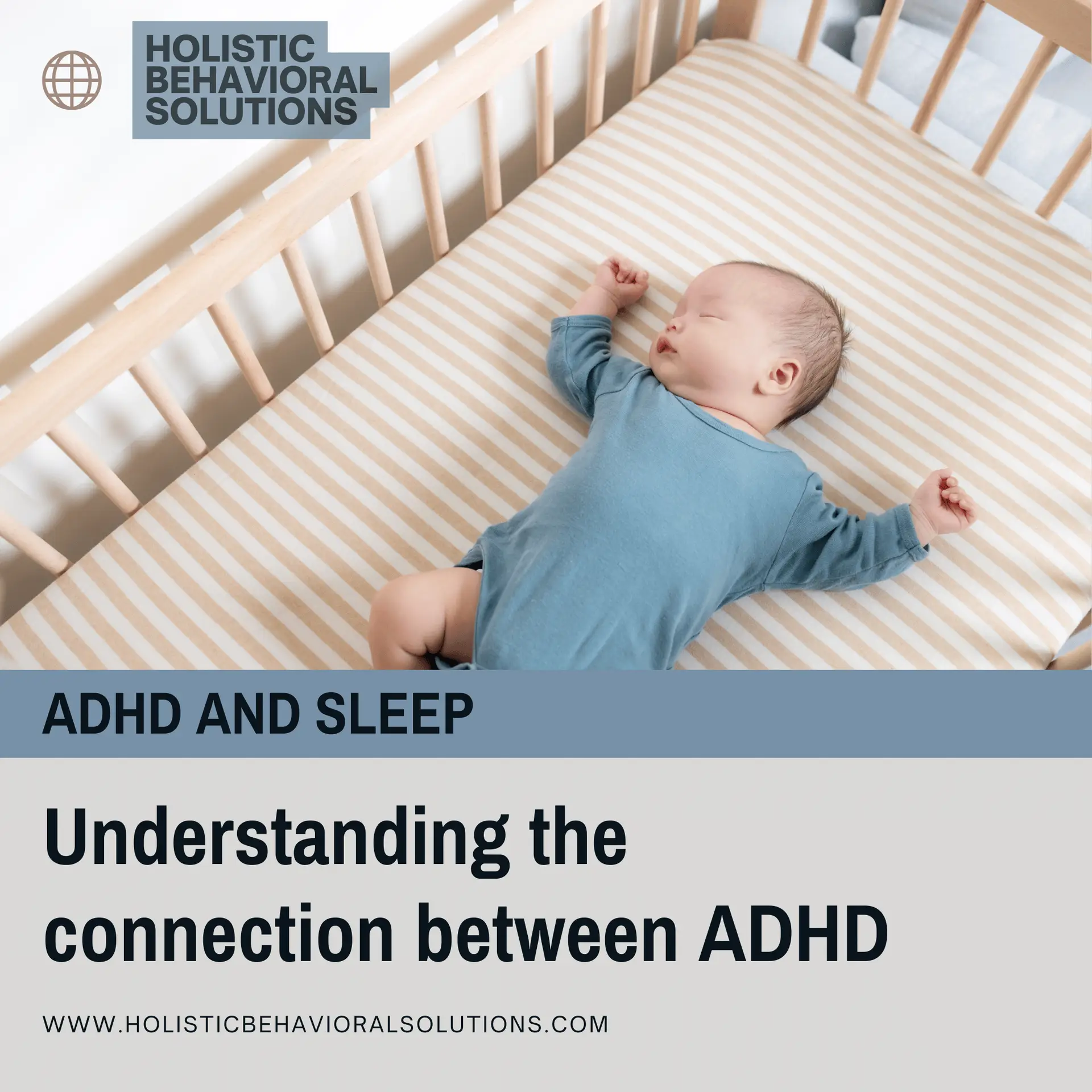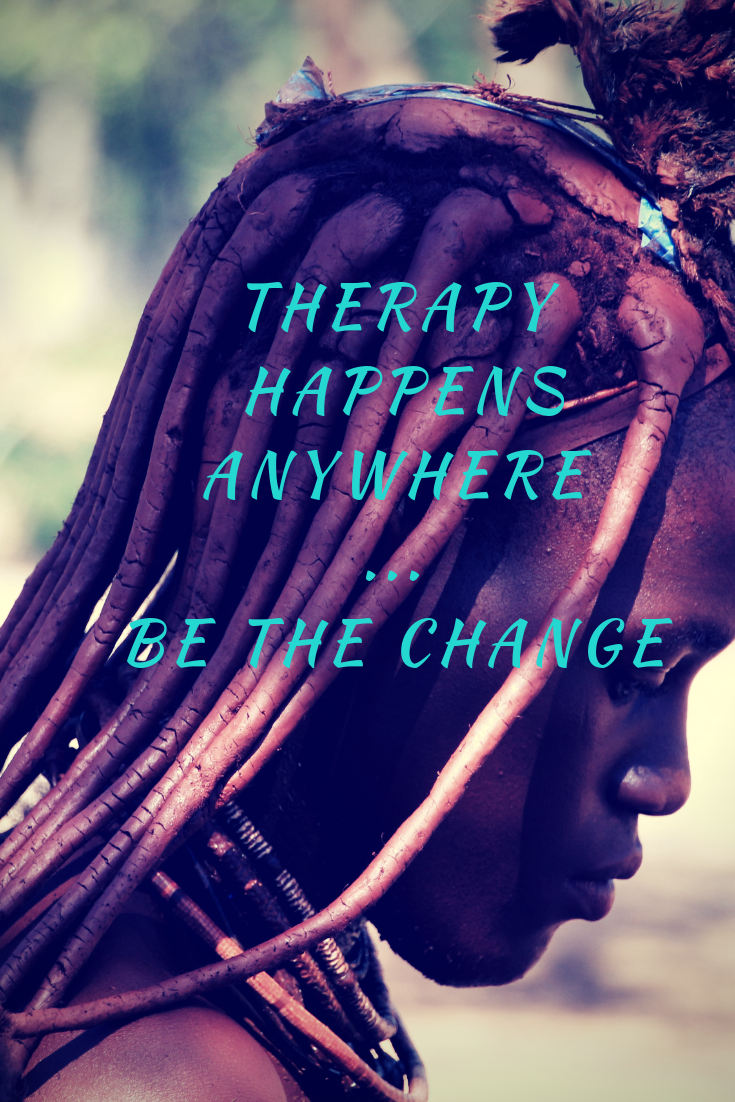
ADHD (Attention-Deficit/Hyperactivity Disorder) is often recognized for symptoms like inattention, hyperactivity, and impulsivity. But behind the surface, there’s a lesser-known yet deeply impactful piece of the puzzle: sleep disruption.
A growing body of research reveals a strong connection between ADHD and sleep disorders—especially Delayed Sleep Phase Disorder (DSPD), which affects up to 78% of individuals with ADHD. These sleep challenges aren’t just side effects, it is how those with ADHD function and present.
Let’s talk about how disrupted sleep and circadian rhythms influence ADHD, and what this means for treatment and wellness.
The ADHD-Sleep Cycle: A Two-Way Street
Sleep disorders and ADHD are locked in a bi-directional relationship. ADHD symptoms can disrupt sleep—and sleep issues can, in turn, amplify ADHD symptoms like poor concentration, mood swings, and impulsivity.
This connection isn’t just behavioral. Shared genetic and neurological pathways are believed to influence both ADHD and sleep regulation, especially among those with chronic circadian rhythm delays.
Circadian Rhythms and ADHD: What’s the Link?
Circadian rhythms—our body’s internal clock—help regulate the natural sleep-wake cycle. In people with DSPD, this clock is delayed, meaning sleepiness doesn’t come until much later in the night, even when the body needs rest.
For individuals with ADHD, this delayed rhythm leads to:
- Trouble falling asleep
- Shortened sleep duration
- Poor sleep quality
- Daytime fatigue and cognitive impairment
The result is a vicious cycle: poor sleep exacerbates ADHD symptoms, which in turn makes it harder to wind down and fall asleep.
What Causes the Delay?
Several factors may contribute to this disrupted cycle:
- Genetic influences affecting both ADHD and sleep regulation
- Reduced exposure to natural daylight, which delays melatonin release
- Screen time and overstimulation in the evenings
- Visual processing differences that may impact light sensitivity
These pathways collectively disrupt the brain’s sleep signals, especially in adolescents and adults with ADHD.
How to Treat ADHD and Sleep Disorders Holistically
Addressing sleep challenges in ADHD requires more than just managing behavior—it demands a whole-person approach that targets sleep hygiene and biological rhythm.
Here are effective, research-supported strategies:
1. Optimize Sleep Hygiene
- Set a consistent sleep and wake schedule
- Eliminate screens 1–2 hours before bedtime
- Use dim lighting in the evening to promote melatonin production
2. Explore Chronotherapy or Light Therapy
- Gradually shifting bedtime forward (chronotherapy)
- Using timed bright light therapy in the morning to reset the body clock
3. Targeted Treatments
- Sensorimotor rhythm neurofeedback to regulate brainwaves tied to sleep
- Addressing comorbid conditions like anxiety or mood disorders that affect sleep
- Nutritional support with natural supplements to promote relaxation and circadian balance
These interventions can improve sleep quality and ADHD symptoms simultaneously, making treatment more effective and sustainable.
Time to Rethink ADHD?
The overlap between ADHD and sleep disorders is pushing researchers and clinicians to ask: Are we treating ADHD fully—or only part of it?
For individuals whose ADHD symptoms stem primarily from chronic sleep dysfunction, traditional stimulant medications and behavior plans may fall short. A growing perspective suggests that redefining ADHD to include circadian rhythm dysfunction could open the door to more personalized and effective care.
By integrating sleep-focused interventions into ADHD treatment plans, we offer more than symptom management—we offer a path to long-term improvement in focus, mood, and overall quality of life.
Final Thoughts: Sleep Isn’t a Side Note—It’s Central
If we want to truly support individuals with ADHD, we must look at the full picture—including how their bodies and brains handle rest. When we treat sleep as a core component of ADHD management, we make room for better functioning, greater resilience, and a more balanced life.
Support Rest and Focus from the Inside Out
At The Holistic Store, we offer wellness supplements designed to promote restful sleep, balance mood, and support cognitive focus—ideal for individuals navigating ADHD and sleep challenges.
Explore our store for natural solutions that help you feel your best—mind, body, and spirit—so you can show up rested, focused, and fully present.
PS: Are you a culturally competent licensed clinician passionate about guiding others toward resilience? Our practice is growing, and we’re hiring in New Jersey! Check out our Careers page for current openings and join a team dedicated to fostering impactful, inclusive mental health support.

